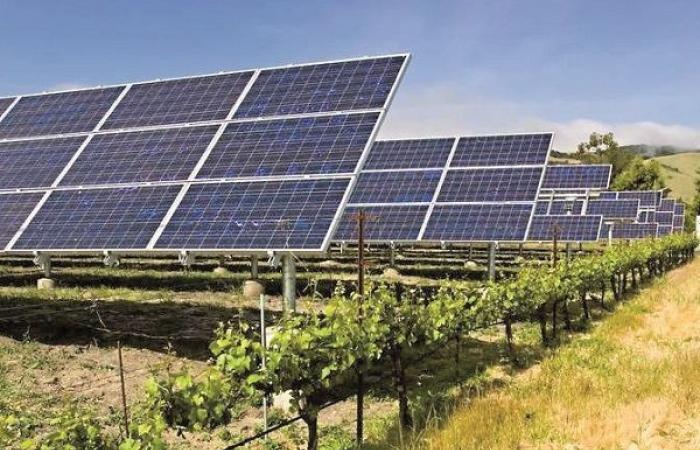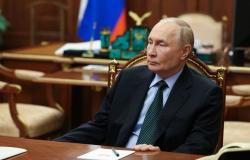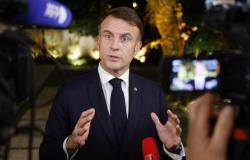The Ministry of Agriculture is implementing a program that aims to replace the use of gas in irrigation with solar energy on a large area of agricultural land. The farmers concerned will benefit from financial support to adopt this solution, with the objective of reducing production costs and encouraging the use of renewable energies.
The Ministry of Agriculture, Maritime Fisheries, Rural Development, Water and Forests is implementing a partnership signed last February with the Ministry of the Economy and Finance. This initiative is part of the national program to promote solar irrigation on farms.
The ministry has sent correspondence to regional directors of Agriculture to coordinate and identify farmers who will benefit from this program. The latter targets up to 51,000 hectares of agricultural land, with the aim of providing a solar energy solution to professionals currently using gas cylinders in irrigation, in demarcated areas. The agreement aims to encourage the use of solar energy in irrigation, but with specific conditions. Among these requirements, the prior use of domestic gas in localized irrigation and the possession of a meter to measure water consumption.
The agreement also specifies that financial assistance will amount to 3,000 dirhams per hectare irrigated using localized irrigation, up to a limit of 30,000 dirhams per farmer. The program will be monitored by control committees, a request expressed by farmers following the increase in the price of gas bottles. Indeed, this initiative is seen as an opportunity to integrate renewable energies, including solar energy, into the agricultural sector. It is particularly relevant in Morocco, a country which benefits from almost constant sunshine, which offers significant potential for the sustainability of solar agricultural projects.
In addition, the adoption of renewable energies will reduce production costs for farmers and reduce the prices of products intended for consumption. Farmers often turn to gas, the cost of which turns out to be high compared to solar energy.
This program mainly concerns farmers who have already adopted localized drip irrigation and who have developed agricultural projects. The 51,000 hectares covered by the agreement represent a significant area and mainly concern farmers who use gas cylinders in irrigation.
According to professionals, this type of support should encourage farmers to abandon conventional energy sources, particularly gas, in favor of more economical energy solutions. This program is part of the country’s energy strategy for the 2030s and 2050s, aiming to promote the adoption of renewable energies.
One of the main benefits expected from this program is the reduction of fixed production costs, until now linked to the use of energy sources such as gas. As for the impact of this transition to renewable energies on the prices of agricultural products, it is estimated that in the medium and long term, this development will allow a reduction in production costs, with positive effects on the prices of agricultural products. . Energy represents a major cost factor for farmers, and its transition to renewable sources should make agriculture more competitive and sustainable.






